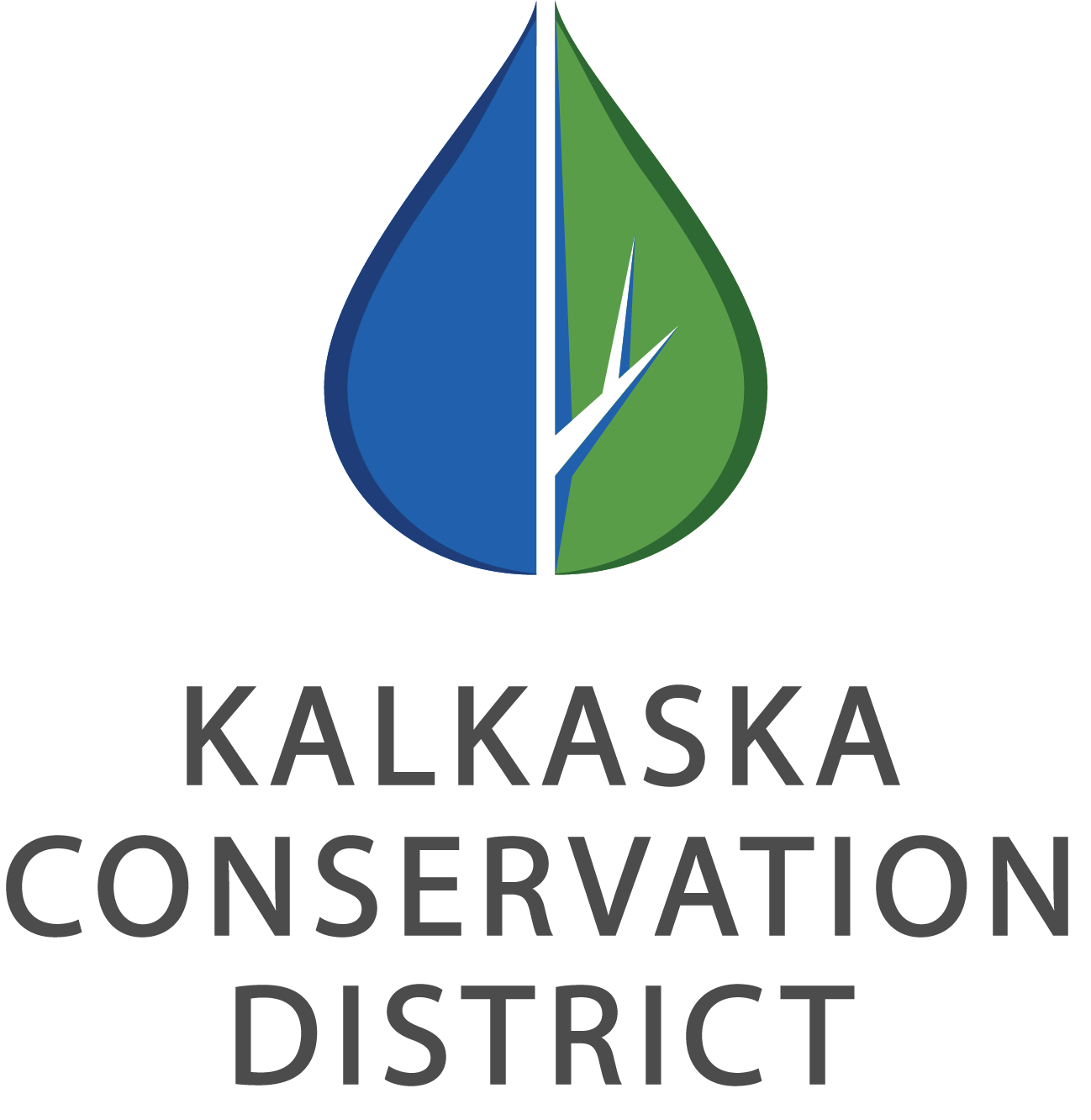MDARD awards $9.7 million to 75 Michigan Conservation Districts for soil, water, and wildlife protection
For immediate release: November 4, 2021
Program contact: John Switzer, 517-881-5172
Media contact: Chelsea Lewis-Parisio, 517-331-1151
LANSING, MI — Today, the Michigan Department of Agriculture and Rural Development’s (MDARD) Environmental Stewardship Division awarded 169 grants totaling an estimated $9.7 million to 75 Michigan Conservation Districts for implementation of voluntary conservation practices on private lands and privately held forests. Conservation districts are local government entities working to enhance and conserve soil, water, wildlife, and other natural resources in their local communities. This year marks a historic investment of $3 million for district operations, the highest funding levels since 2008.
“Michigan is known for our incredible natural resources and robust agricultural sector,” said Governor Gretchen Whitmer. “Strong investments like this will help our Conservation Districts continue to work with MDARD to assist Michigan farmers. Together, we will stay laser-focused on growing Michigan’s economy, creating good-paying jobs, driving down costs, and ushering in a new era of prosperity for our families, communities, and small businesses in every sector.”
"This funding will help support and elevate our conversation district partners. These funds will allow districts to identify and prioritize the most pressing needs in their communities and ensure landowners have access to technical assistance for their farms,” said Gary McDowell, MDARD Director. “Conservation Districts are integral to the success of many of MDARD’s programs. We partner with conservation districts because they provide trusted expertise and assistance to farmers and landowners. That knowledge is critical for adopting voluntary conservation that protects soil, crops, forests, waterways, and wildlife.”
Grants issued to conservation districts are for the implementation of the following conservation programs:
Conservation District Operations - 75 grants
The purpose of this grant is to provide support for the basic operations of the 75 conservation districts in Michigan to carry out operational duties associated with natural resource management activities consistent with the Natural Resources and Environmental Protection Act, 1994 PA 451 Part 93, as amended, commonly referred to as Conservation District Law. Through these grants the conservation districts will provide citizens easy access to natural resource management assistance, assess, and analyze local natural resource management needs, and implement natural resource management based on the needs identified.
Michigan Agriculture Environmental Assurance Program (MAEAP) - 39 grants
MAEAP is a voluntary, proactive program designed by a coalition of farmers, agricultural commodity groups, state and federal agencies, conservation, and environmental groups to reduce farmers' legal and environmental risks. It teaches effective land stewardship practices that comply with state and federal regulations and shows farmers how to identify and prevent agricultural pollution risks on their farms. The conservation district technicians hired with these grants are trained in delivering all MAEAP risk assessments, helping farmers develop Farm Improvement Action Plans, and assisting them step-by-step to MAEAP verification in the Farmstead, Livestock, Cropping, and Forest Wetland & Habitat Systems.
Conservation Technical Assistance Initiative (CTAI) - 23 grants
The CTAI program provides Michigan farmers and landowners with conservation planning and engineering assistance, allowing them easier access to federal cost-share dollars for implementing conservation practices. The program leverages funding from the USDA-Natural Resources Conservation Service (NRCS) to employ five engineers, eight soil conservationists and 10 program assistants.
Forestry Assistance Program (FAP) - 19 grants
FAP provides technical assistance to private forestland owners. Conservation district foresters work one-on-one with private forestland owners and private sector foresters to promote sustainable management of the private forest resource. They provide no-cost site visits to private forestland owners in their service area. They also provide promotion and outreach by conducting workshops, hosting field days, and writing articles for local publications. These 19 foresters also play a critical role in helping forestland owners enroll in the Qualified Forest Program, an MDARD program that encourages landowners to actively manage their privately owned forests for commercial harvest, wildlife habitat enhancement, and improvement of other non-forest resources. In exchange for managing their forests in a sustainable fashion, landowners receive a tax exemption on their forested property.
Produce Safety Program - 6 grants
The Produce Safety Program is a cooperative effort between the Food and Drug Administration, MDARD, Michigan State University Extension, and local conservation districts to help farms of all sizes voluntarily improve produce safety on the farm.
The grants support six conservation district Produce Safety Technicians who deliver on-farm technical assistance using the Michigan Produce Safety Risk Assessment to educate and help develop a produce safety plans as well as coordinate local, state, and federal agency resources to help farmers reduce identified produce safety risks and make progress toward compliance with state and federal regulations regarding produce safety.
Conservation Specialist - 4 grants
The purpose of this grant is to accelerate the adoption of conservation practices in the Western Lake Erie Basin through new and existing approaches, tools, and programs. Through this program four conservation district technicians provide program outreach and technical assistance to private landowners to implement conservation practices funded through the 2018 Farm Bill, the State of Michigan, or any other federal, state, local, or private source available to help reduce sediment and nutrient loss in the Western Lake Erie Basin and improve water quality.
Conservation Reserve Enhancement Program Technical Assistance - 3 grants
The Conservation Reserve Enhancement Program (CREP) is a collaboration between USDA Farm Services Agency and MDARD to incentivize the installation and maintenance of conservation programs that protect water quality and enhance wildlife habitat. These grants support conservation district technical staff that provide program outreach and technical assistance on the planning, design, installation, and maintenance of conservation practices funded through CREP.
For more information about MDARD’s conservation programs and Michigan’s conservation districts visit: https://bit.ly/3nuga5F.
Related Links:
Michigan Conservation Districts
###

